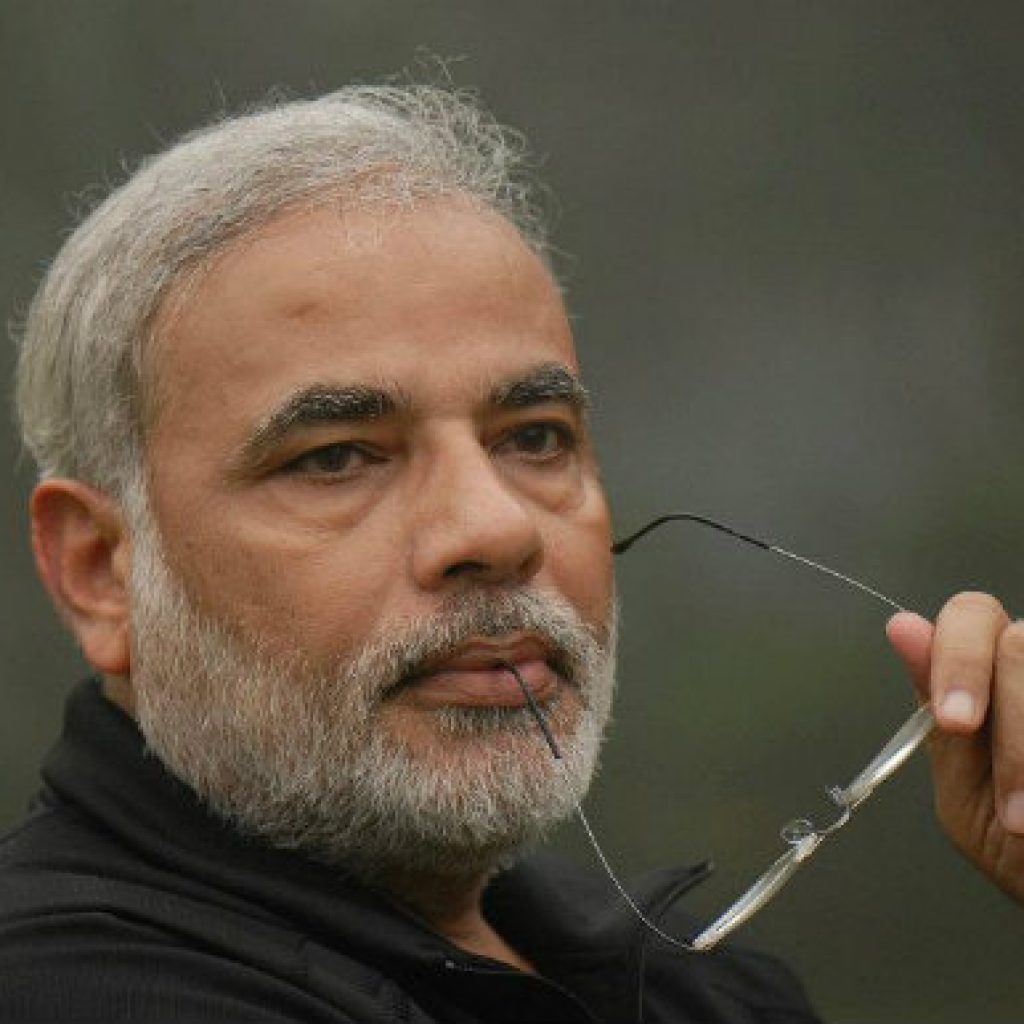
U.S. seed company Monsanto is welcome to leave India if it does not want to lower prices of genetically modified cotton seeds as directed by the government, a minister said on Wednesday, in a sign the rift between New Delhi and the firm is widening.
The comments come as Prime Minister Narendra Modi’s nationalist government expects to develop its own genetically modified (GM) cotton varieties early next year to end Monsanto’s dominance; it controls over 90 percent of cotton seed supply.
New technologies are critical to lifting India’s poor farm productivity, although even if India did develop a home-grown GM cotton variety in 2017, it would struggle to sustain a programme that needs to refresh seeds every decade or so, experts warned.
The introduction of Monsanto’s GM cotton seeds in 2002 helped turn India into the biggest producer of the fibre, while other crops like pulses continue to suffer as transgenic food is banned and local research has stalled.
Despite the gains GM cotton brought for more than 7 million cotton farmers in India, some of them and their associations, including one affiliated to Modi’s ruling party that promotes self-reliance, have complained Monsanto overprices its products.
Under pressure to mollify farmers hit by three straight crop failures due to bad weather, Modi’s government has imposed a cut of around 70 percent in royalties that local firms pay Monsanto for its cotton technology.
India’s anti-trust regulator is also investigating whether the company misused its near-monopoly to jack up rates. A Monsanto joint venture with a local company says it is confident the allegations will be proved groundless.
Monsanto has taken the government to court over the royalty.
It said in a statement this month it would have to reevaluate its India business, because it was difficult to bring in new technologies in an “environment where such arbitrary and innovation-stifling government interventions make it impossible to recoup research and development investments …”
But Sanjeev Kumar Balyan, the junior agriculture minister, told Reuters the government was trying to rectify what he called past mistakes that allowed a foreign company to dictate seed prices and stifled local crop research.
“It’s now upon Monsanto to decide whether they want to accept this rate or not,” Balyan said. “If they don’t find it feasible, then they are free to take a call. The greed (of charging) a premium has to end.
“We’re not scared if Monsanto leaves the country, because our team of scientists are working to develop (an) indigenous variety of (GM) seeds,” he said.
A Monsanto spokesman declined to comment beyond the statement, but analysts said it was unlikely to withdraw from India lightly given the huge size of the market and its strategic importance now that China has bid to snap up the company’s biggest rival, Syngenta, for $43 billion.
